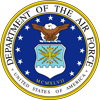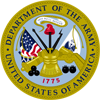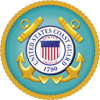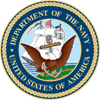Medical Specialist Corps Officer - 65
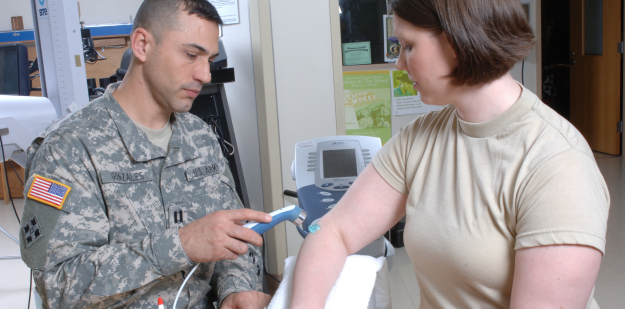
- Active/Reserve:Both
- Officer/Enlisted:Officer
- Restrictions:None
Overview
Medical Specialist Corps officers are essential in treating and helping the overall health of Soldiers and their families. The Army Medical Specialist Corps includes four areas of specialty: Occupational Therapist, Physical Therapist, Dietitian, and Physician Assistant.
Job Duties
Requirements
To qualify for an officer appointment in the U.S. Army Medical Specialist Corps, you must:
Training
As a U.S. Army Medical Department officer, you will not be required to participate in the Basic Combat Training that enlisted Soldiers attend. Instead, you'll attend an Officer Basic Leadership Course, a basic orientation to the Army health care team, Army doctrine and basic Soldier and leadership skills. OBLC for active duty officers is held four times per year at the U.S. Army Medical Department Center and School at Fort Sam Houston and lasts from 10 to 14 weeks. Officers in the Army Reserve attend OBLC for two weeks, and Health Professions Scholarship Program recipients attend a six-week course during their academic training. Your training time depends on your chosen specialty and whether or not you have prior military experience. You must also meet height and weight standards, as well as pass the Army Physical Fitness Test. After completing OBLC, AMEDD officers report to their initial active duty assignment and students return to their academic training.
Helpful Skills
ASVAB
The Armed Services Vocational Aptitude Battery (ASVAB) is an examination that is administered by the United States Military Entrance Processing Command. It is used to determine qualification and helps predict future academic and occupational success in the military.
Compensation
ACTIVE BENEFITS:In addition to the many privileges that come with being an officer on the U.S. Army health care team, you'll be rewarded with:
See the whole list of Army Occupational Specialties here To learn more about the Army's rank structure, see our complete list of Army ranks. To see a list of military medals and decorations that can be earned by servicemembers in the Army and other branches of the military, see our list of military decorations and medals.

